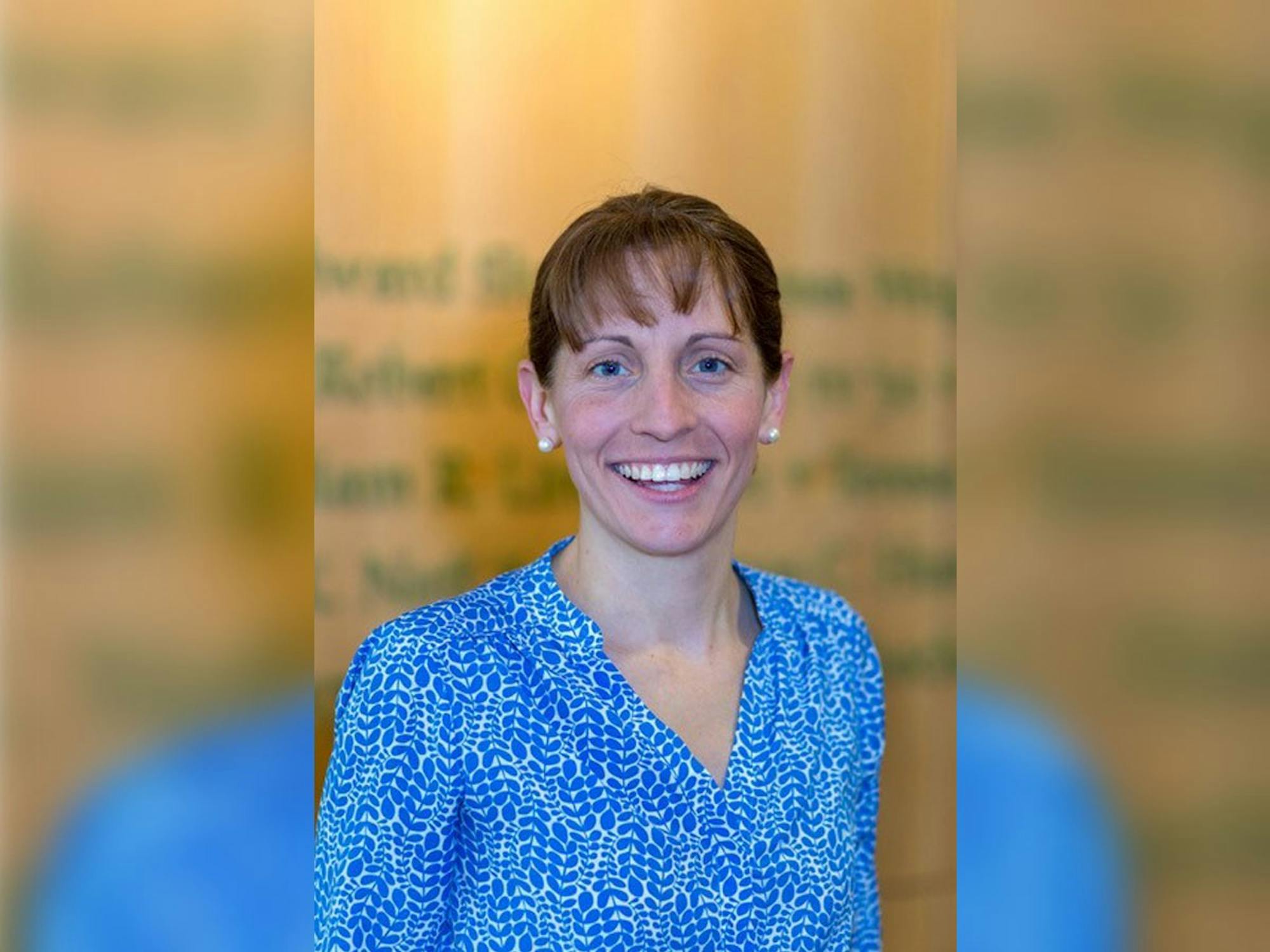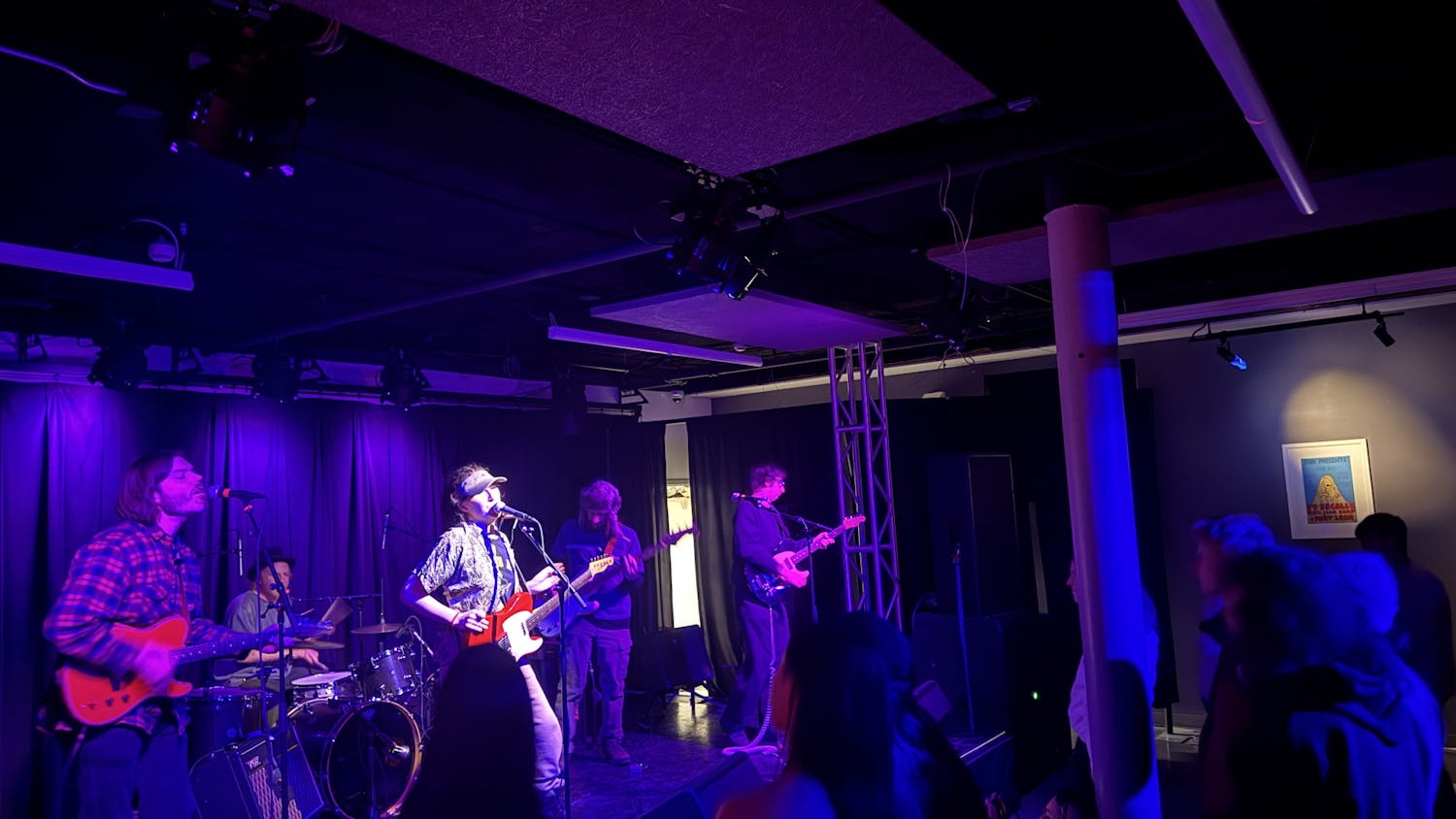Anne N. Sosin ’02 is a public health practitioner and policy fellow at the Rockefeller Center for Public Policy. After receiving her bachelor’s degree from Dartmouth, Sosin attended the Johns Hopkins Bloomberg School of Public Health for her master’s in public health. She currently researches COVID-19 and rural health equity in northern New England, and remains active on Twitter and in the press, regularly calling on government officials to implement and enforce mask mandates and other policies to reduce the spread of COVID-19.
Do you think that a universal indoor mask mandate would be the answer to states across the country facing rising COVID-19 cases?
AS: Yes. So I’ve been part of an effort calling upon the Biden administration to issue federal guidance on state and local mask policies. Many of us have been advocating for statewide, data-driven mask policies. While my understanding is that the Biden administration can’t institute a national mask mandate, it can issue federal policy guidance — so that’s what we’ve been calling for.
Are there any states where an indoor mask mandate is not applicable or do you think all states need to start taking the same steps?
AS: I think all states need mask policies. I am fully aware that some governors are unwilling to institute mask policies, but that doesn’t mean that it’s not a critical tool to address the public health crisis in our states.
What are some of the trade-offs the state should consider when implementing more strict COVID-19 guidelines? What should the priorities of a state be?
AS: Well, we’re already seeing that when we don’t manage COVID-19, COVID-19 manages us. Many see mask policies as a restriction, but mask policies are really the opposite of lockdowns or closures. They’re a tool for limiting impacts on our health systems and for keeping schools and businesses open. I think of mask policies as an enabler rather than something that’s restricting activities. We know that lockdowns have secondary health impacts on our health and well-being. Many of us are advocating for mask policies as a way to avoid further voluntary or forced closures.
In an earlier interview, you said that Jason Gibbs, Vermont Gov. Phil Scott’s chief of staff, was “out for blood” after he began, personally, rebuking your calls for a mask mandate. What do you think it is about COVID-19 policies that creates partisan tension? How should Gov. Scott respond to Gibbs’ behavior?
AS: I think that Vermont has a public health crisis and we urgently need a strategy to control that. I think that kind of behavior is a distraction from the real problem at hand. My expectation would not only be that Gov. Scott would condemn that but also that he would assert leadership over the real problem at hand. I’ve said repeatedly, we can debate policies and the evidence and data that underlie them. However, personal attacks really have no place in public health. Personal attacks erode trust, and they undermine the political will to make hard decisions.
We all want to see our states and our communities succeed. When we see something like that happen, it hurts all of us. I don't really want to be the story. I really want to focus on the situation. But really, I see that attack as a way to not only silence me but to silence other people who are raising their voices. There are two former health commissioners in Vermont who called for more aggressive action from the state. Along with several legislative leaders, Lt. Gov. Molly Gray and others are all advocating for the same things. I’ve obviously been pretty persistent in advocating for mask policy, but I’m not the only one.
What are some preliminary measures Vermont should be taking right now to address rising COVID cases?
AS: I’d like to see the distribution of free, high-quality masks to the public. We know that with omicron, we need to be upgrading our masks. We need access to rapid tests, and we also need to be thinking about limiting other nonessential activities if we want to keep our schools and our businesses open. This variant is really difficult to control. We need to think about what our priorities are. At the moment, I’m not suggesting that we need a full lockdown, but there are trade-offs if we want to keep our kids in schools and childcare. I’d like to see more social support in place. We know that the pandemic has disproportionately impacted communities of color and low-income people. We need not only follow the science but also center equity in our pandemic responses.
Vermont’s handle on the pandemic spiraled as the delta variant swept the nation. Does the omicron variant spell out a similar disaster for Vermont?
AS: Delta really changed the equation in Vermont, and yet Vermont did not change its policy response to delta. Omicron is only going to amplify the policy failures that we saw in Vermont during the delta surge. I’m really concerned about what’s going to happen over the next several weeks.
In a tweet, you said, “we need federal guidance on mask policies and #BetterMasks.” Do you believe Vermont would comply with these policies or would the state push back on anything like that?
AS: I don’t know, but I do know that states look to federal guidance and that they’re one of the key determinants of state policies. Forty-two states had mask policies in place before the Centers for Disease Control and Prevention changed their recommendations in May, and many states dropped their mask policies in response. I think that there are states that would put in place mask policies if federal guidance were in place. It’s important for states to put in place mask policies, but we’re also trying to have common standards. There are states that are putting mask policies in place that don’t follow the current CDC guidance, or that don’t reflect the emerging evidence on this variant. We really want a common approach across the country.
What should elementary schools in VT and NH be doing to minimize the spread of COVID? Is being in person still practical?
AS: We should be striving to keep schools open. It’s not enough to just say that “we want to keep schools open” — our policy choices need to reflect that. I’ve said for a long time that we need to align our public health responses with the goal of keeping schools open, and this means taking steps to control community transmission and also to support schools to implement rigorous school mitigation strategies. So we need high-quality masking at this point and we need school testing programs. We need more ventilation in our schools — many of our school buildings are old and are very poorly ventilated. It’s doing all of these things together that will create the best conditions possible to keep schools open. We know that this variant is hard to control, but that calls upon us to try to do everything we can to optimize the conditions to keep kids in school. We’re never going to eliminate cases, but the more that we can mitigate the impacts on our schools, the better off we’ll be.
This interview has been edited for clarity and length.

Arizbeth Rojas ’25 is a managing editor of the 181st directorate from Dallas, TX. When she’s not listening to DJ Sabrina the Teenage DJ or planning her next half marathon, you can find her munching on a lox bagel.




